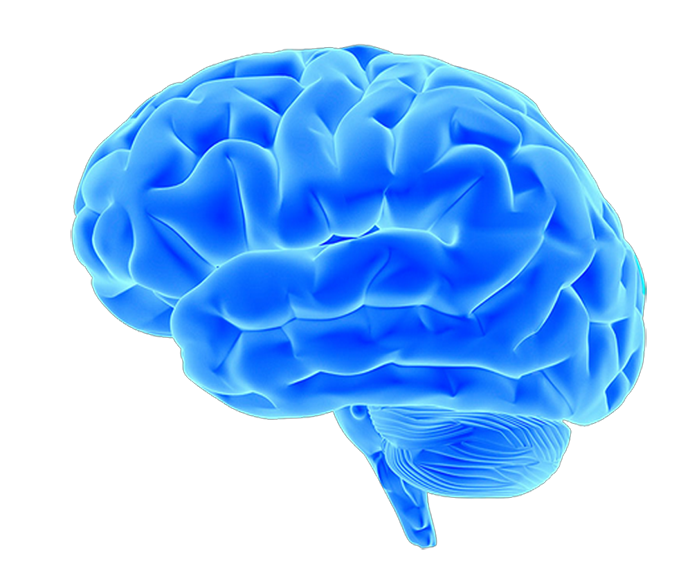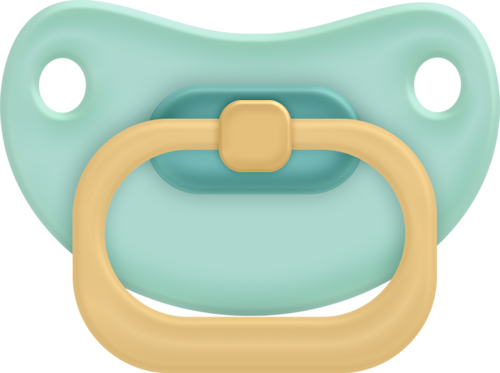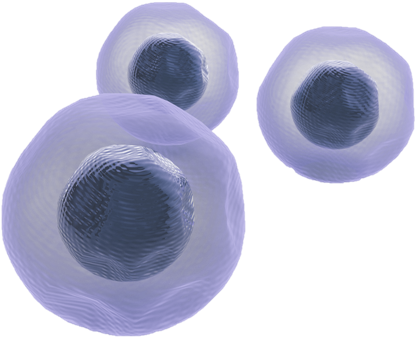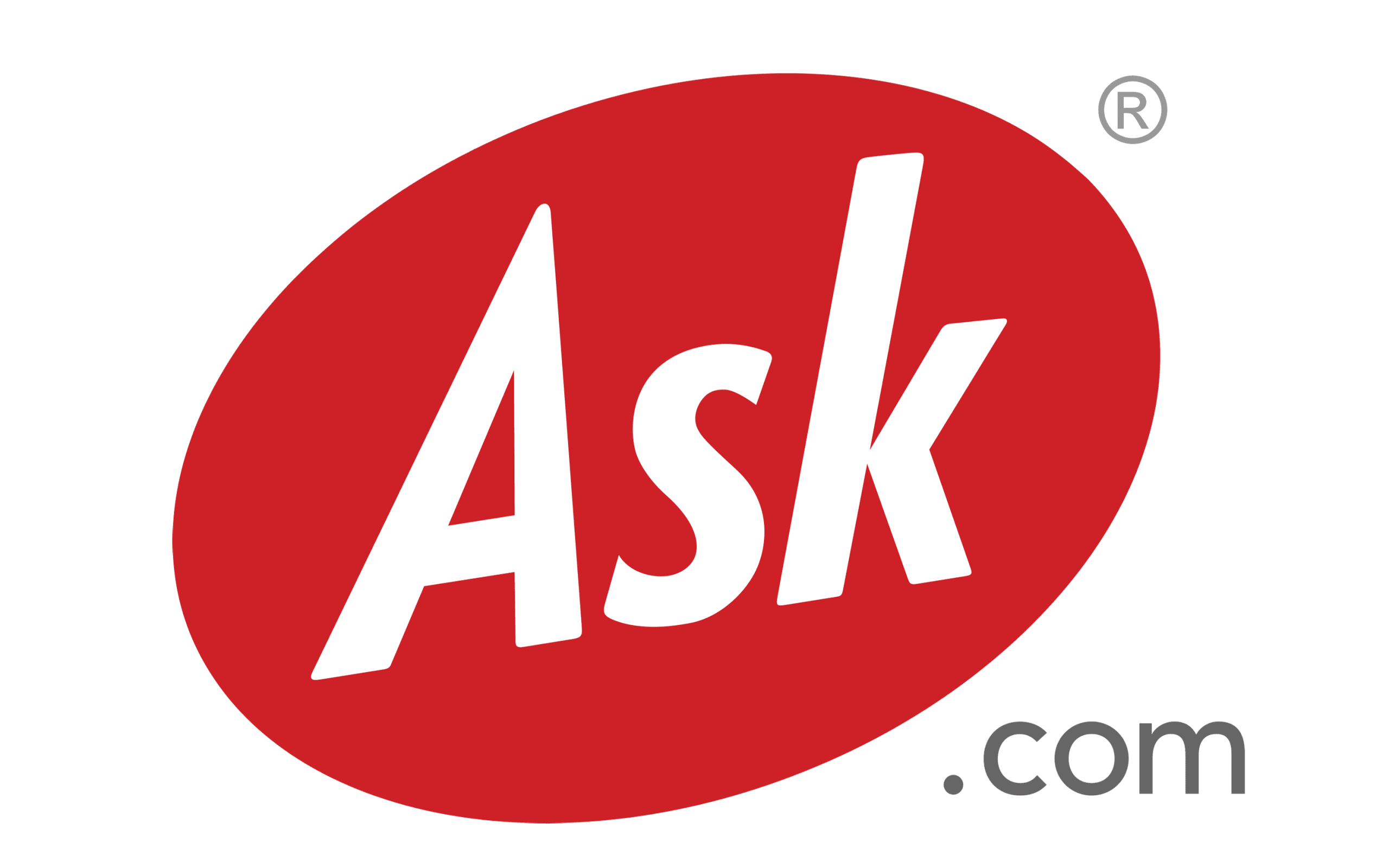B Complex (B1, B2, B3, B5. B6):
B1 (Thiamine): Boosts the immune system, nervous system, and metabolism. It
helps to prevent type II diabetes, several cardiovascular diseases, and some vision
and kidney disorders and neurodegenerative diseases.
B2 (Riboflavin): Antioxidant that promotes healthy blood cells and boosts the metabolism.
B3 (Niacin): Helps with energy production, metabolism of fatty acids, and provides healthy skin, nails, and hair.
B5 (Pantothenic Acid): Helps with energy production and promotes a healthy nervous system.
B6: Essential for good mental health, boosts the immune system and energy levels.
Side Effects: Anxiety, nausea, abdominal pain, diarrhea.
Contraindications: Allergy/sensitivity
Methylcobalamin (Vitamin B12): An Important vitamin needed for brain, nerves, and production of red blood cells in the body. It is indicated in those with vitamin B12 deficiency, pernicious anemia, diabetes, neuropathy, heart disease, circadian rhythm sleep disorders, memory loss, depression, fatigue, AIDS, inflammatory bowel disease (IBD), Lyme disease, osteoporosis, tendonitis, psychiatric disorders, Alzheimer’s disease, liver and kidney disease, and asthma. It also helps in improving concentration, maintaining fertility, anti-aging, boosting energy levels, and mood elevation.
Side Effects: Anorexia, diarrhea, headache, nausea, vomiting
Ascorbic Acid (Vitamin C): Protects the body’s cells from damage, maintains health of skin, teeth, bones, cartilage, and blood vessels. Some studies show that it helps improve brain function. Without a proper amount of vitamin C, people are at risk for cardiovascular illness, compromised immune systems, premature aging, increased stress response, and poor energy production.
Side Effects: Heartburn, diarrhea, nausea, stomach cramps
Contraindications: Not recommended for women who are pregnant or nursing. Patients who are diabetic, prone to kidney stones, on sodium restricted diets, and on anticoagulant therapy should not take excessive amounts of ascorbic acid over an extended period of time.
Vitamin D3: Maintains healthy bones and teeth, supports the immune system, brain, and nervous system, regulation of insulin levels (aids in diabetes management), support of lung function and cardiovascular health, and influences the expression of genes involved in cancer development. Most people do not get the proper amount of Vitamin D. It is recommended for those with cancer, dementia, multiple sclerosis, osteomalacia, osteoporosis, psoriasis, diabetes, and rickets.
Side Effects: If excessive amounts: nausea, vomiting, poor appetite, constipation, weakness, weight loss, confusion, heart rhythm problems, kidney damage.
Contraindications: Sarcoidosis, high phosphate, calcium, or Vitamin D blood
levels, arteriosclerosis, kidney stones, kidney disease, allergy to Vitamin D.
Lipo-Mino:
B1 (Thiamine): Improves immune system, helps convert fat & carbs into energy
B2 (Riboflavin): Increases metabolism, supports immune system
B6 (Pyridoxine): Promotes red blood cell production and converts food to energy
Methionine: Helps break down sugars and carbs and convert to energy
Inositol: Converts food to energy
Choline: Healthy nerve cells, cuts muscle recovery time, helps convert fat to energy.
Carnitine: Improves fat metabolism and energy, reduces recovery times and
promotes muscle building potential.
Contraindications: Pregnancy, Breastfeeding, Allergy/hypersensitivity.
Magnesium Chloride: Maintains the function of our nerves, cells, bones, muscles, and heart. Magnesium deficiency is most common in women, African Americans, and the elderly. Conditions such as osteoporosis, high blood pressure, heartburn/acid indigestion, arteriosclerosis, diabetes, and stroke have been linked to low blood levels of magnesium. Alcoholism, poor diet, and those taking diuretics may also have a magnesium deficiency, requiring supplementation.
Side Effects: Sweating, stomach upset, flushing, respiratory depression, drop in
blood pressure, hypothermia, allergic reaction.
Contraindications: Kidney disease, myasthenia gravis, skeletal muscle disorder, low calcium blood levels, high magnesium blood levels, progressive muscle weakness with carcinoma.
Drug interactions: Demeclocycline, Doxycycline, Tetracycline; moderate
interactions: ciprofloxacin, moxifloxacin, ofloxacin.
Zinc Chloride: Helps with wound healing, maintains normal growth rates, normal skin hydration, and the scent of taste and smell. It also is used to help reduce the duration of illness, prevent infection, and speed up the body’s healing process.
Side Effects and Contraindications: None
Benadryl: Used for dystonic reactions, motion sickness, allergic reactions and
anaphylactic treatment, hay fever, insomnia, rhinitis, and sneezing
Side Effects: drowsiness, confusion, blurred vision, headache.
Pepcid: Used for symptomatic relief of gastritis, GERD, active benign ulcer, and
pathological hypersecretory conditions.
Side Effects: Vertigo, dizziness, pruritus, nausea/vomiting, constipation,
ototoxicity, thrombocytopenia, arthralgias.
Contraindications: Pregnancy, breastfeeding, allergy or hypersensitivity to any H2 antagonist, or if on any H2 antagonist chronically (pepcid, tagamet, zantac).
Toradol: NSAID used for management pain, fever, headache/migraine, PMS symptoms.
Side Effects: Diarrhea, dizziness, drowsiness, headache, indigestion, nausea,
stomach cramps.
Contraindications: Allergy or hypersensitivity to any NSAID, any other NSAIDS within previous 8 hours, aspirin within previous 24 hours, pregnancy, breastfeeding (okay if no breastfeeding for 24 hours), evidence of active or recent history of peptic ulcer disease, GI perforation, GI bleed, or cerebrovascular bleed.
Zofran: Used for nausea and vomiting
Side Effects: Diarrhea, constipation, headache
Contraindications: Pregnancy, breastfeeding, history of QTc prolongation with any 5HT3 antagonist, 8mg or more of Zofran within the previous 4 hours, allergy or hypersensitivity to any 5HT3 antagonist.














































